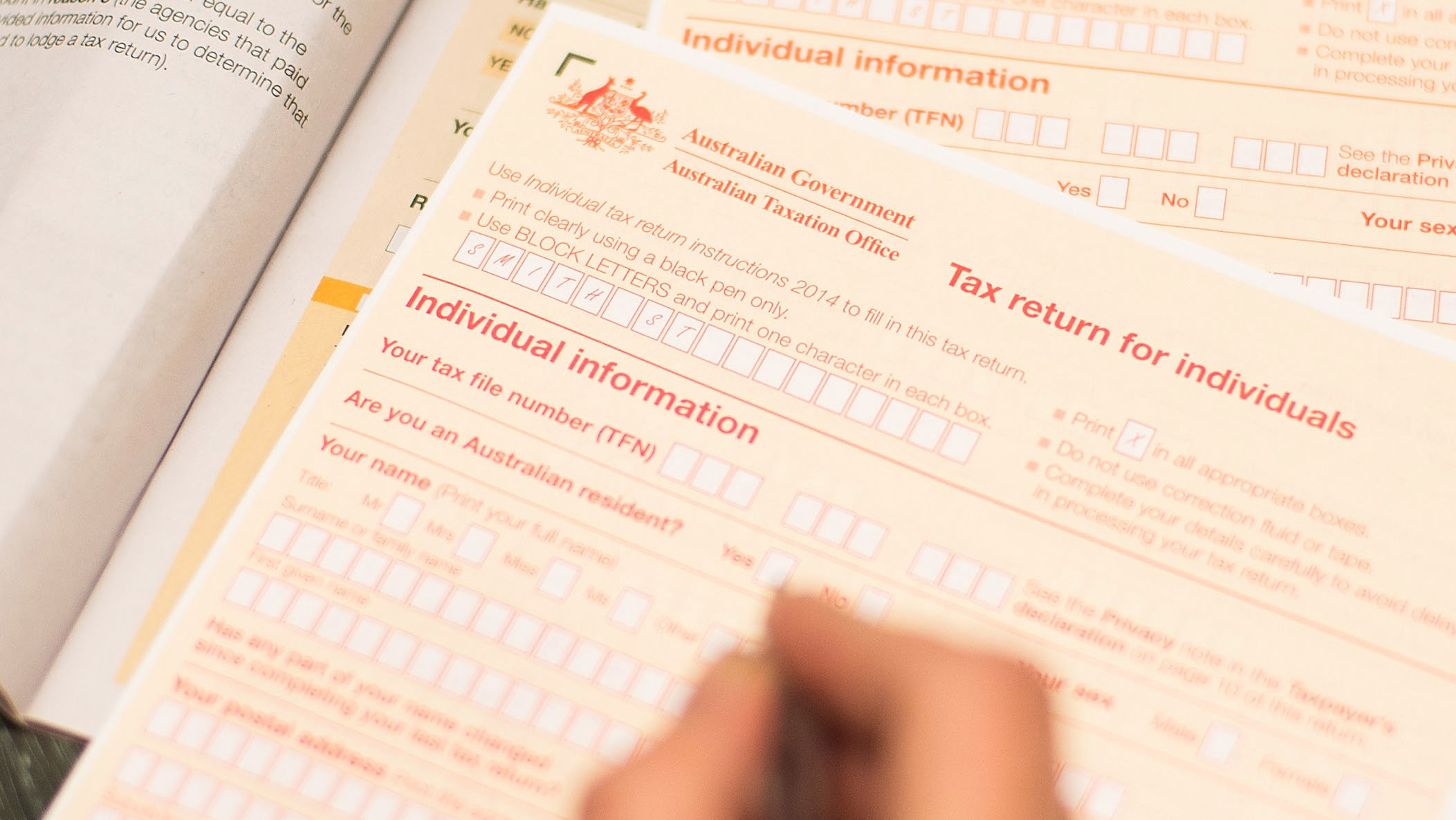The Ultimate Guide to Getting Your Tax Refund Faster in Australia
The Ultimate Guide to Getting Your Tax Refund Faster in Australia
Blog Article
Exploring the Benefits of Declaring a Tax Return: Maximize Your Tax Obligation Reimbursement This Year
Filing a Tax return is commonly perceived as a difficult job, yet it plays an important function in improving your monetary standing. By systematically reporting income and leveraging offered reductions and credits, people can touch into the capacity for significant tax obligation refunds.
Importance of Declaring an Income Tax Return
Submitting an income tax return is a significant responsibility for organizations and individuals alike, as it serves both compliance and financial administration purposes. Following tax obligation laws is essential, as falling short to file can result in considerable fines, interest charges, and possible legal repercussions. By sending an income tax return, individuals and companies demonstrate their dedication to meeting their public responsibilities and add to the performance of public services.
In addition, submitting a Tax return offers a possibility for taxpayers to assess their economic scenario. It allows them to track earnings, costs, and overall economic health and wellness, which can inform future budgeting and investment decisions. For numerous, tax obligation returns are a gateway to possible refunds, as overpayment of taxes throughout the year can be reclaimed, offering a much-needed economic increase.
In addition, the tax return procedure can promote access to various financial products and services. Lenders usually call for income tax return when figuring out creditworthiness for financings or home mortgages, making it important for individuals and services looking for economic assistance. In conclusion, submitting an income tax return is not merely a regulative obligation; it is a substantial action in keeping monetary integrity and disclosing possible benefits.
Recognizing Tax Obligation Reductions
Tax reductions are often neglected yet play an essential duty in minimizing gross income and taking full advantage of potential reimbursements. Understanding the various kinds of tax obligation reductions available can substantially affect your total tax obligation liability. Reductions can be categorized right into 2 primary kinds: itemized deductions and common deductions.
The criterion deduction is a set buck quantity that taxpayers can subtract from their earnings, differing based on declaring condition. For many individuals, particularly those without substantial itemizable expenditures, taking the standard reduction is advantageous. On the various other hand, itemized deductions allow taxpayers to listing eligible expenses, such as home loan passion, clinical expenditures, and charitable payments, possibly generating a better reduction than the common option.
It's important to maintain meticulous records of all insurance deductible expenses throughout the year to ensure you capture every qualified reduction. Additionally, particular deductions may go through restrictions or phase-outs based on earnings levels. Acquainting on your own with these nuances can aid you purposefully intend your finances and enhance your income tax return. By leveraging and recognizing tax deductions effectively, taxpayers can minimize their gross income and boost their overall tax reimbursement.
Exploring Tax Obligation Credit Reports
Maximizing your tax cost savings involves understanding the various sorts of tax credit histories readily available to you. Tax credit ratings directly reduce your tax obligation responsibility buck for buck, making them a lot more useful than deductions, which only reduced your taxed income.
There are two primary categories of tax obligation credit scores: refundable and nonrefundable. Nonrefundable credit histories can lower your tax obligation liability to zero yet will not lead to a refund if the credit history surpasses your tax owed. Refundable credit reports, on the other hand, can generate a refund also if you have no tax obligation responsibility, making them especially helpful for lower-income taxpayers.
Typical tax obligation credit reports include the Earned Income Tax Obligation Credit History (EITC), which supports low to moderate-income functioning individuals and families, and the Child Tax Obligation Debt, which gives economic alleviation for taxpayers with site link dependent children. Education-related credit scores, such as the American Opportunity Credit History and the Life Time Learning Credit, aid offset the prices of greater education and learning.
Common Errors to Stay Clear Of
Steering the complexities of income tax return can result in a number of usual mistakes that taxpayers must be conscious of. One significant error is failing to report all resources of earnings. Even percentages from sideline or freelance work must be included, as the internal revenue service receives copies of all earnings statements.
Another regular mistake includes forgeting reductions or credit ratings for which one is qualified. Taxpayers ought to extensively investigate possible reductions, such as for student car loans or clinical costs, to stay clear of leaving money on the table.
In addition, mistakes in individual info, such as Social Protection numbers or filing status, can delay processing and refunds. It is essential to verify all information before entry to guarantee precision.
Declaring late or overlooking to anchor file completely can additionally result in fines and missed opportunities for reimbursements. Taxpayers must understand deadlines and strategy appropriately.
Last but not least, numerous people neglect to maintain thorough records of costs and sustaining papers. Organized documents is essential for validating claims and facilitating any type of future audits. By avoiding these typical mistakes, taxpayers can improve their declaring process and boost their prospective reimbursements.
Tips for Optimizing Your Reimbursement

Next, think about contributing to pension, such as an IRA. Contributions made before the tax target date can be deducted, possibly boosting your reimbursement. Furthermore, if you are independent, make certain to account for business-related expenses that can reduce your taxable income.
An additional crucial strategy is to submit your return electronically. E-filing not only accelerates the handling time however additionally lessens errors that can occur with paper submissions. Validate that you choose the appropriate declaring condition; this can greatly influence your tax obligation price and qualification for specific credit scores.
Lastly, keep careful documents throughout the year. Organizing receipts and financial files can simplify the declaring procedure and help you determine possible reductions that you may or else miss. By taking these steps, you position on your own to obtain the optimum refund possible.
Verdict

By carefully reporting earnings and leveraging readily available deductions and credits, individuals can touch right into the capacity for significant tax obligation refunds. For numerous, tax returns are a gateway to possible refunds, as overpayment of taxes throughout the year can be reclaimed, providing a much-needed financial increase.
Comprehending the great site numerous kinds of tax reductions readily available can considerably affect your total tax obligation liability. Online tax return Australia. By leveraging and comprehending tax obligation deductions successfully, taxpayers can lower their taxable revenue and improve their total tax obligation refund

Report this page